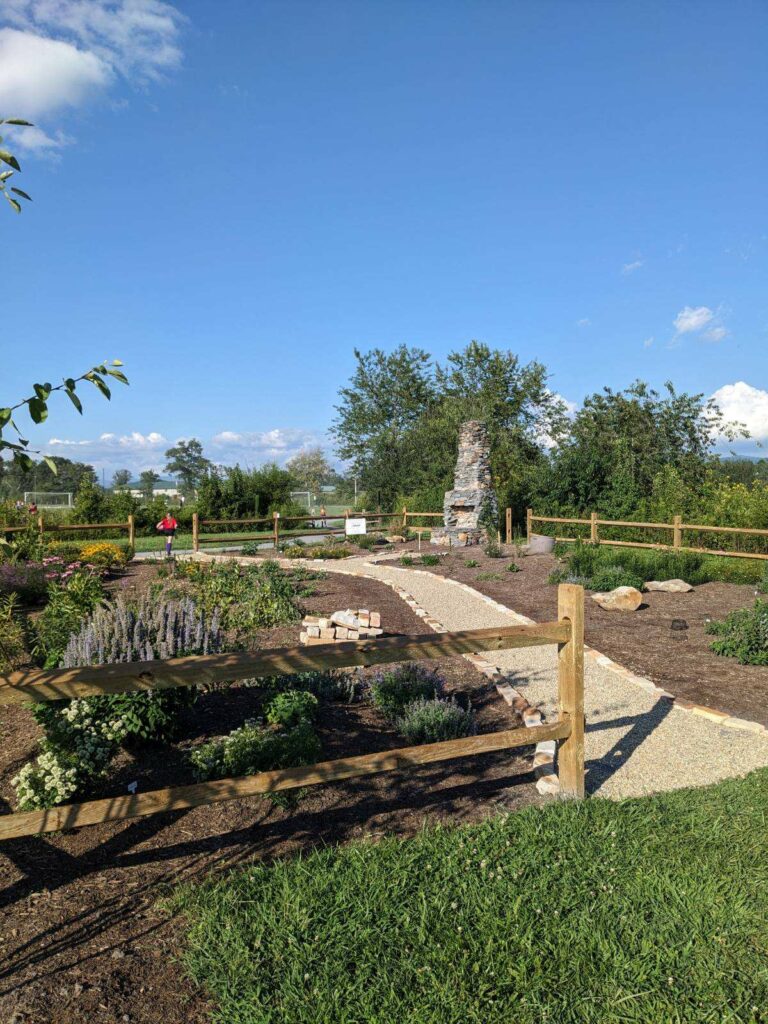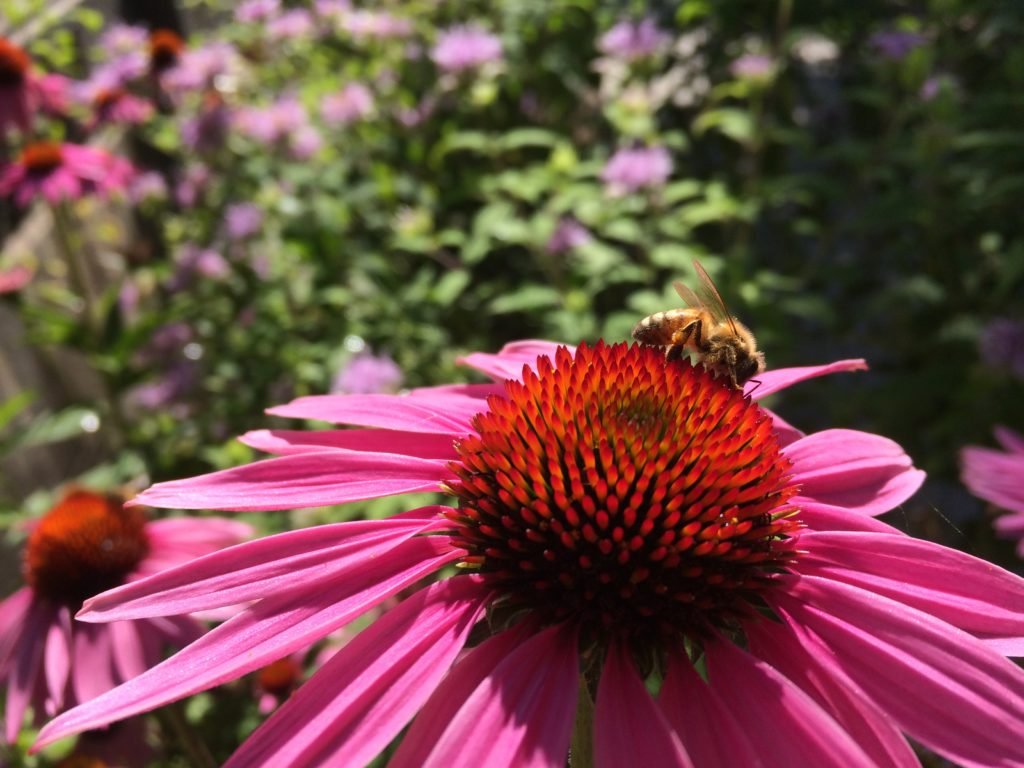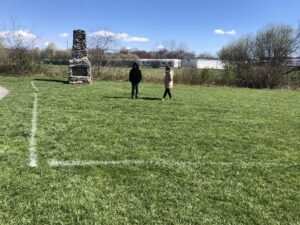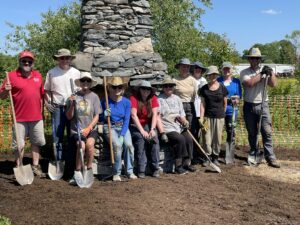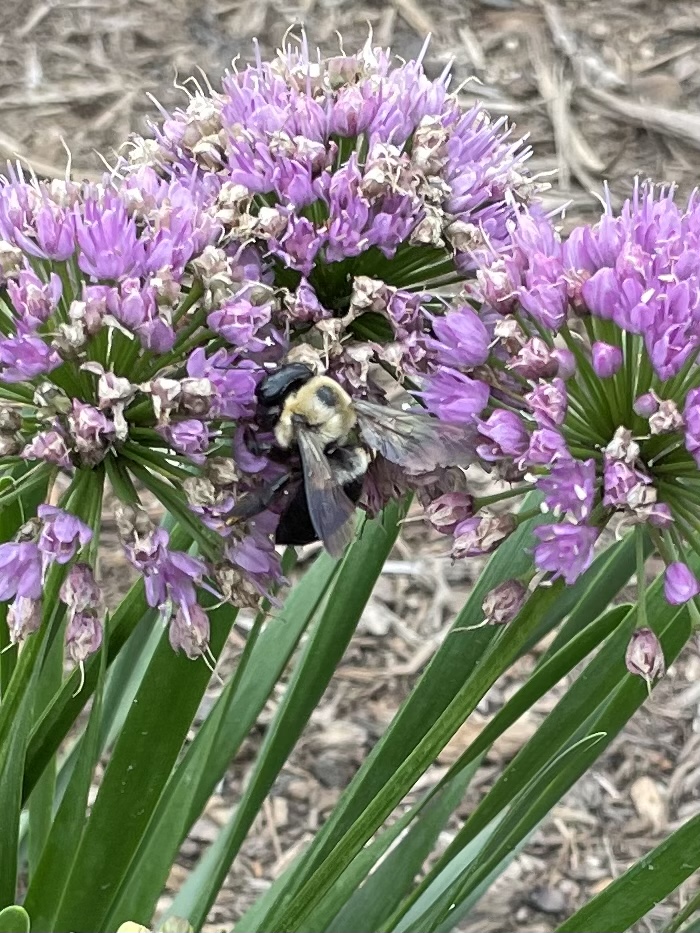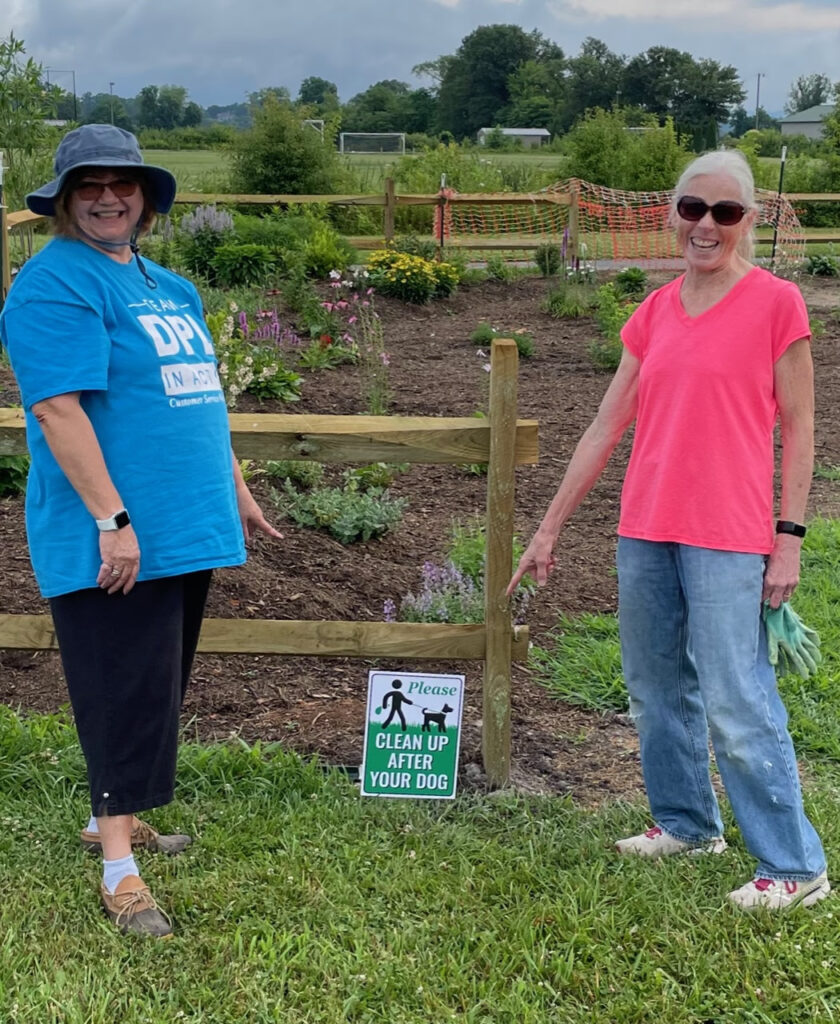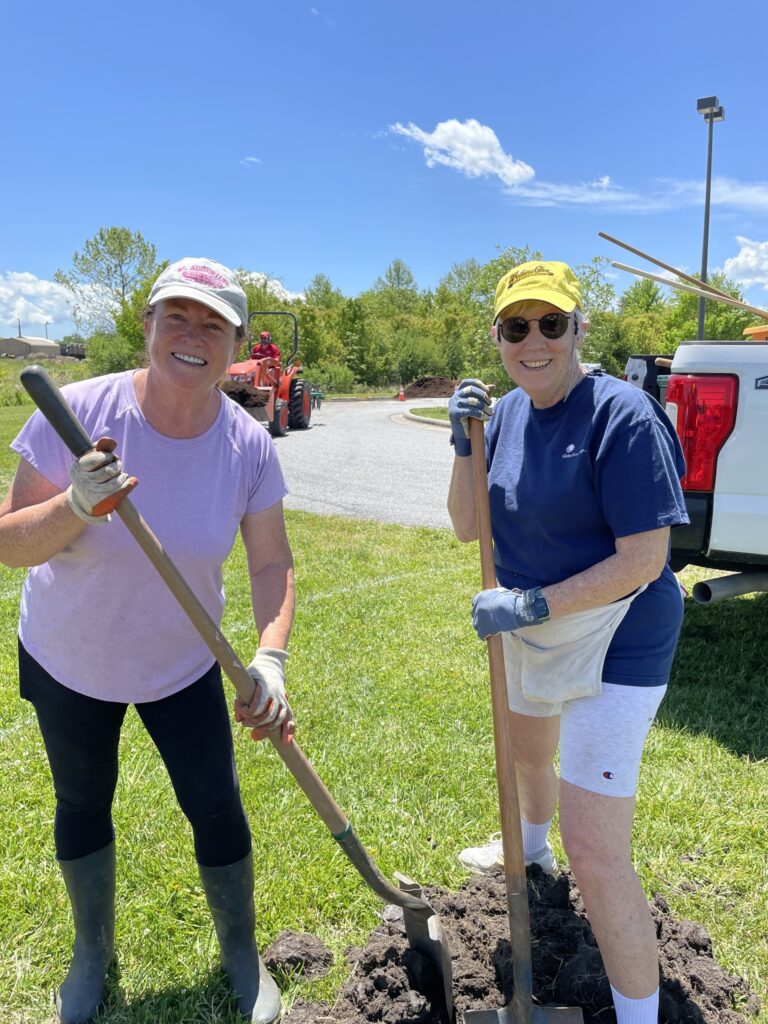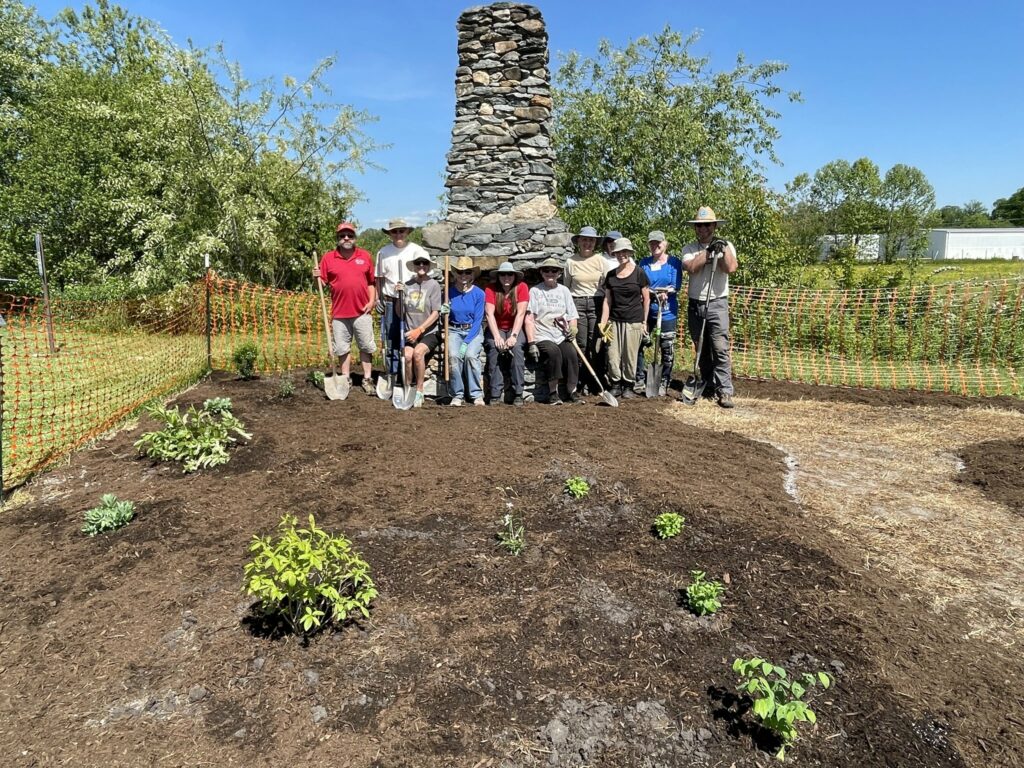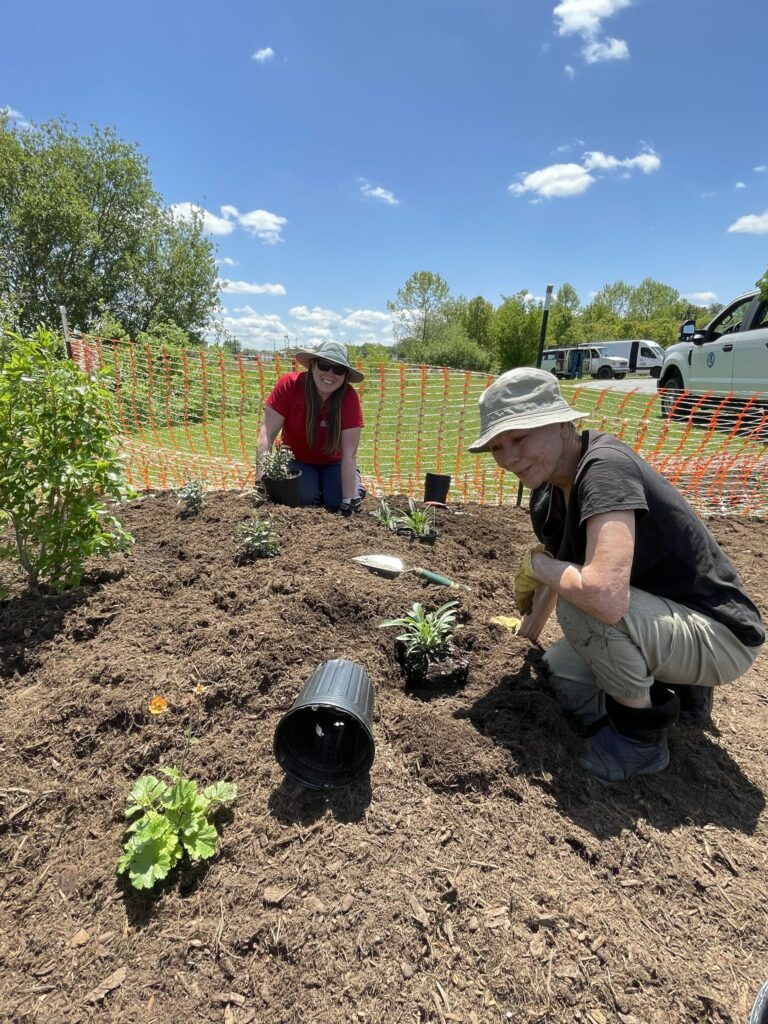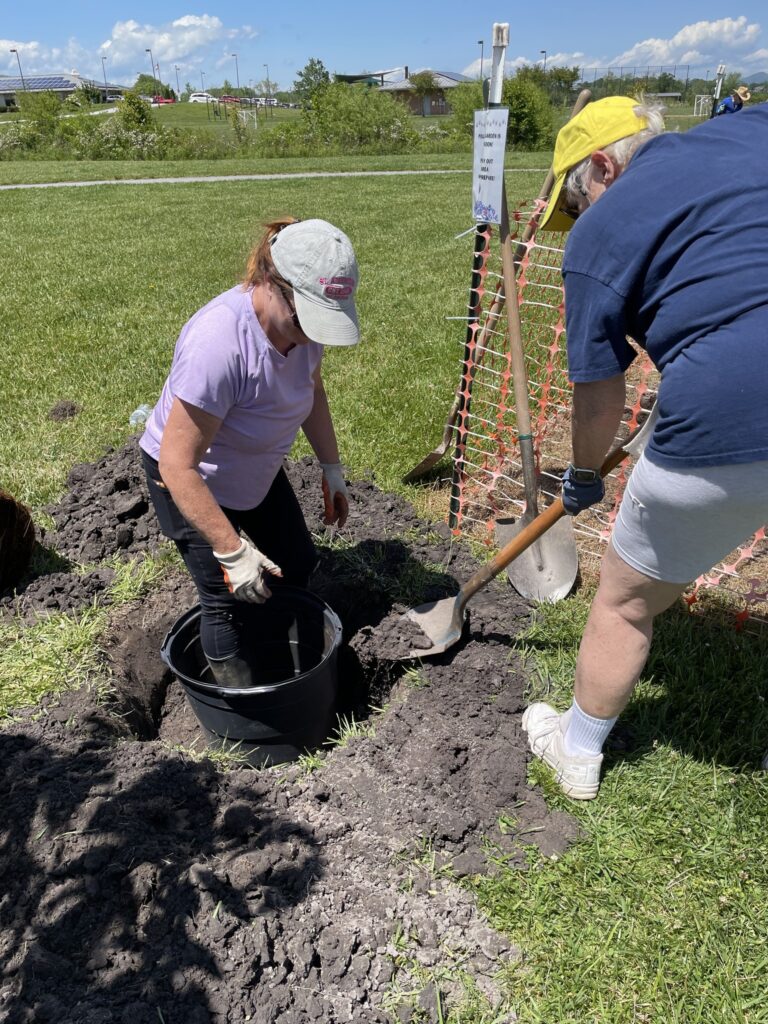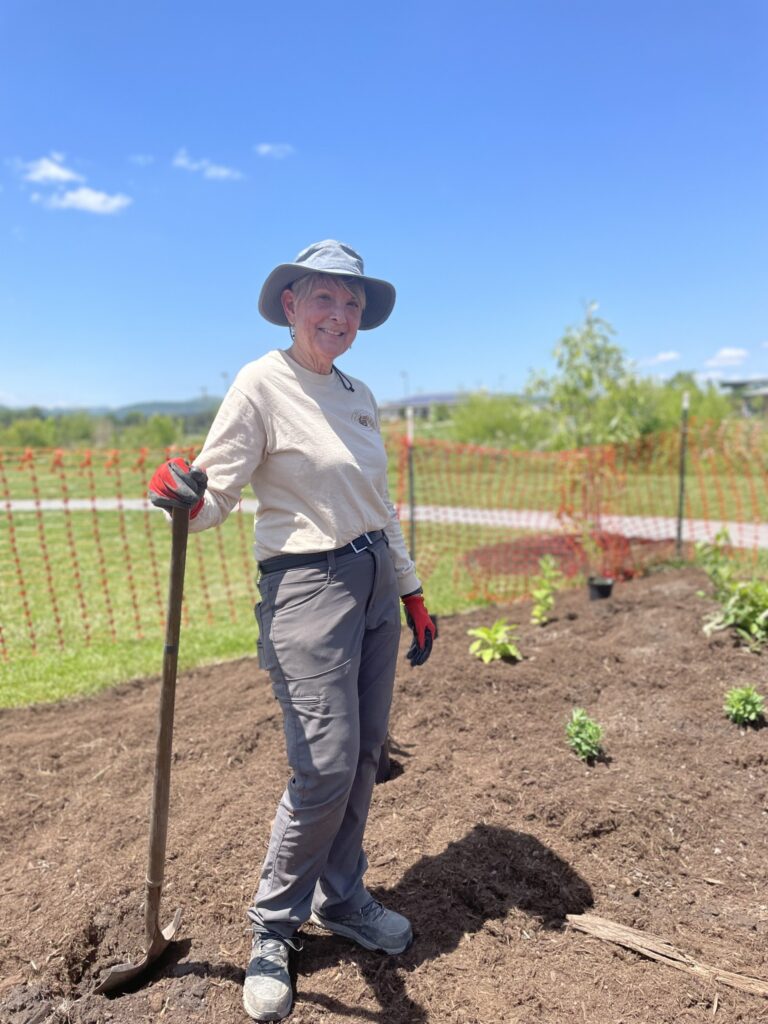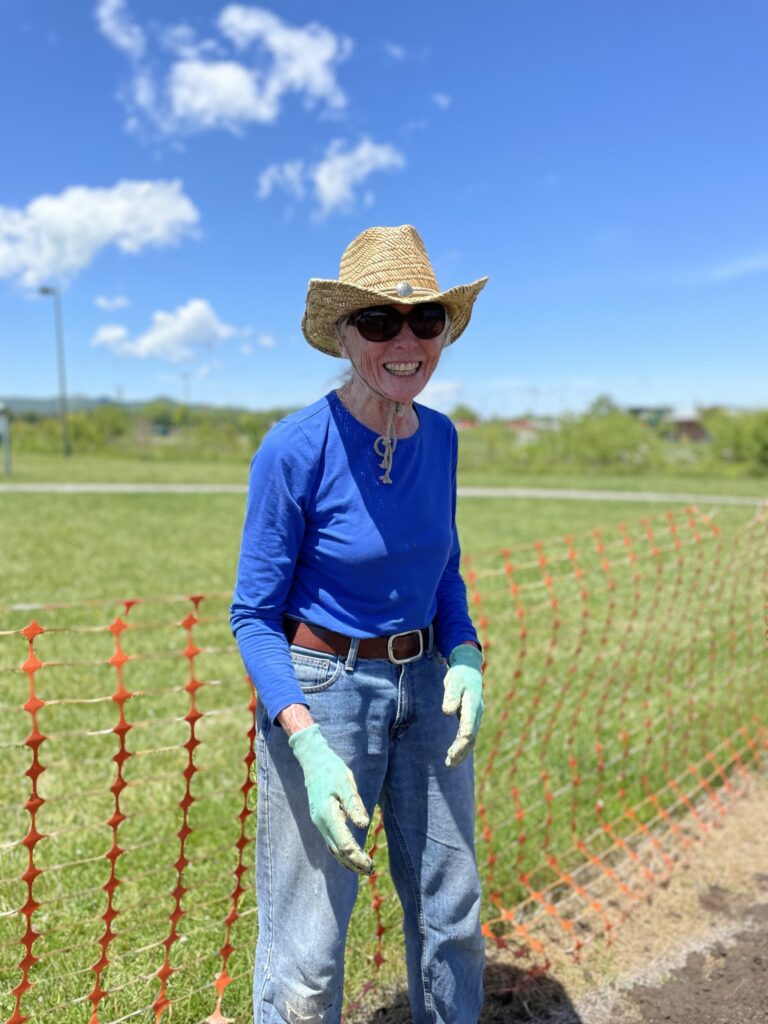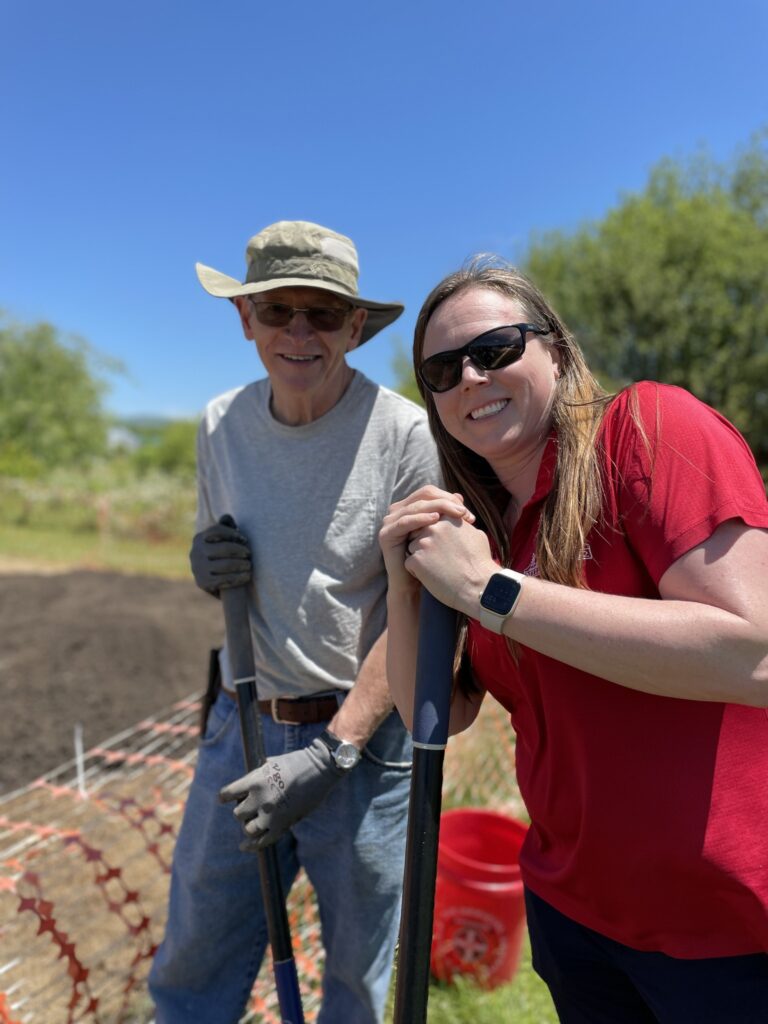Mills River Park Pollinator Garden
go.ncsu.edu/readext?968037
en Español / em Português
El inglés es el idioma de control de esta página. En la medida en que haya algún conflicto entre la traducción al inglés y la traducción, el inglés prevalece.
Al hacer clic en el enlace de traducción se activa un servicio de traducción gratuito para convertir la página al español. Al igual que con cualquier traducción por Internet, la conversión no es sensible al contexto y puede que no traduzca el texto en su significado original. NC State Extension no garantiza la exactitud del texto traducido. Por favor, tenga en cuenta que algunas aplicaciones y/o servicios pueden no funcionar como se espera cuando se traducen.
Português
Inglês é o idioma de controle desta página. Na medida que haja algum conflito entre o texto original em Inglês e a tradução, o Inglês prevalece.
Ao clicar no link de tradução, um serviço gratuito de tradução será ativado para converter a página para o Português. Como em qualquer tradução pela internet, a conversão não é sensivel ao contexto e pode não ocorrer a tradução para o significado orginal. O serviço de Extensão da Carolina do Norte (NC State Extension) não garante a exatidão do texto traduzido. Por favor, observe que algumas funções ou serviços podem não funcionar como esperado após a tradução.
English
English is the controlling language of this page. To the extent there is any conflict between the English text and the translation, English controls.
Clicking on the translation link activates a free translation service to convert the page to Spanish. As with any Internet translation, the conversion is not context-sensitive and may not translate the text to its original meaning. NC State Extension does not guarantee the accuracy of the translated text. Please note that some applications and/or services may not function as expected when translated.
Collapse ▲Pollinators
Native insect pollinators are important pollinators of our natural ecosystems while managed honeybees are important for food production. A pollinator is any creature that moves pollen from the male part of flowers (stamen) to the female part of flowers (stigma). This pollination must occur for flowers to be fertilized. Fertilized flowers can then produce fruits, seeds and finally new plants.
The Importance of Pollinators
More than 3/4 of the world’s flowering plants, including food crops such as fruits and vegetables, depend on pollinating insects to fertilize flowers. Pollinators provide one out of every three bites of food we eat including fruits, vegetables and seeds. Native pollinators support a healthy ecosystem by fertilizing native plants.
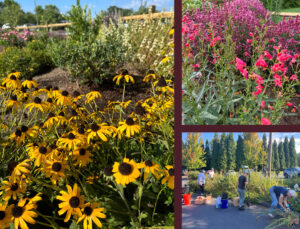
Henderson County Extension Master Gardener Volunteers have been instrumental in the installation and maintenance of the garden.
Pollinators in Peril
Pollinators have been in decline. Multiple problems affect pollinator populations such as habitat loss, novel diseases, insecticide overuse, pollution and other factors. Healthy, abundant pollinator populations play a vital role in our food systems and in promoting biodiversity.
Mills River Pollinator Garden
Pollinator gardens are planted with flowering plants that benefit pollinating insects. These plants provide food and habitat for pollinators. To ensure health of pollinators, these areas are not treated with pesticides. It is desirable to use a majority native plants.
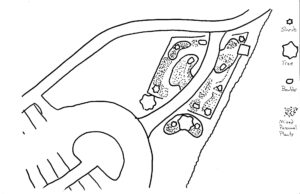
County Agent Steve Pettis designed the garden and worked with Raymond’s Garden Center to choose and obtain the plants.
Steve Pettis, Henderson County Horticulture Agent designed a demonstration pollinator garden for the purposes of public education to be installed at Mills River Park in the Town of Mills River. Steve was assisted by 8 Master Gardeners and 2 Mills River Park staff to install soil, mulch and plants.
The garden features over 206 perennials, trees, shrubs, vines, and grasses from 72 species. 85% of the plants are native to North Carolina. A cedar split rail fence and pea gravel walkways with stone borders were installed by the park. Funds for the project were provided by The Town of Mills River. Plants were obtained from Raymond’s Garden Center. The Raymond’s Garden Center staff helped pick out appropriate pollinator friendly plants. Educational signage is being designed to teach the public about beneficial insects and pollinators.





